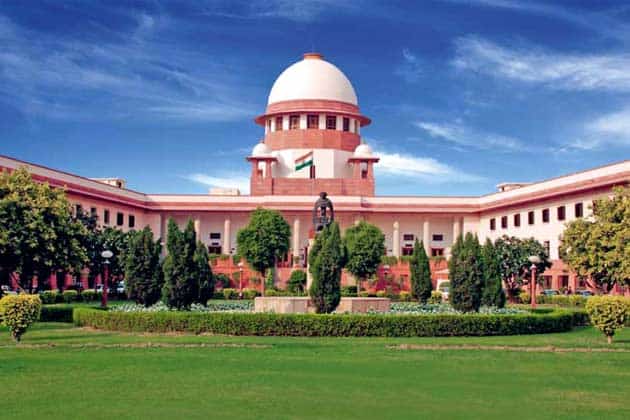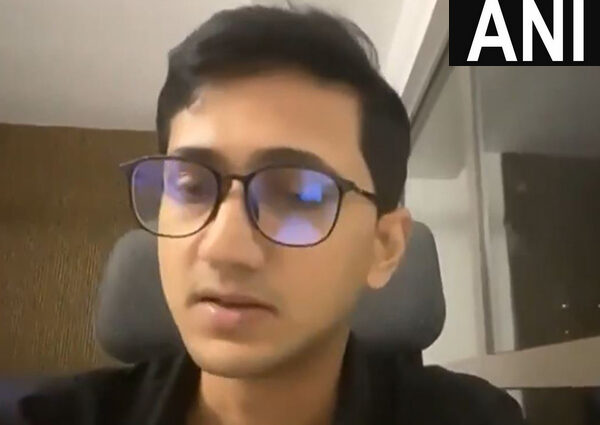
Hindu Ancestral Property Can Be Donated Only For Pious Purpose: SC
The Supreme Court on Tuesday said that a Hindu father or any other managing member of a Hindu undivided family has the power to make a gift of the ancestral property only for a ‘pious purpose’.
The top court also clarified that a deed of gift in regard to the ancestral property executed ‘out of love and affection’ does not come within the scope of the term ‘pious purpose’.
A bench of Justices Abdul Nazeer and Krishna Murari said, “It is well settled that a Hindu father or any other managing member of a Hindu Undivided Family (HUF) has the power to make a gift of the ancestral property only for a ‘pious purpose’ and what is understood by
the term ‘pious purpose’ is a gift for charitable and/or religious purpose.”
“Therefore, a deed of gift in regard to the ancestral property executed ‘out of love and affection’ does not come within the scope of the term ‘pious purpose’, ” the top court said.
The Court also said that it is irrelevant if such gift or settlement was made by a donor, that is the first defendant, in favour of a donee who was raised by the donor without any relationship that is the second defendant.
The Court held that the gift deed in the instant case is not for any charitable or religious purpose.
KC Chandrappa Gowda filed a suit in Trial Court against his father KS Chinne Gowda and one KC Laxmana for partition and separate possession of his one third share in the suit schedule property and for a declaration that the gift/settlement deed dated March 22, 1980 executed by the first defendant China Gowda in favour of the second defendant KC Laxmana as null and void.
According to the plaintiff, the scheduled property belongs to the joint family consisting of himself, the first defendant and one KC Subraya Gowda.
The plaintiff further contended that the first defendant had no right to transfer the scheduled property in favour of the second defendant as he is not a member of their family.
The trial court had dismissed the plea of Chandrappa Gowda, who moved the Appellate Court challenging the order of the trial court. The Appellate Court had set aside the order of the trial court and passed an order in favour of Chandrappa Gowda. Thereafter KC Laxmana, the second defendant in the matter approached Karnataka High Court against the order of the Appellate Court. But Karnataka High Court dismissed KC Laxmana, who later moved to Supreme Court. The top court dismissed the plea of KC Laxmana.
The Supreme Court upheld the High Court order and said, “We are of the view that the settlement deed/gift deed dated March 22, 1980 executed by the first defendant in favour of the second defendant was rightly declared as null and void by the first Appellate Court and
the High Court. (ANI)



